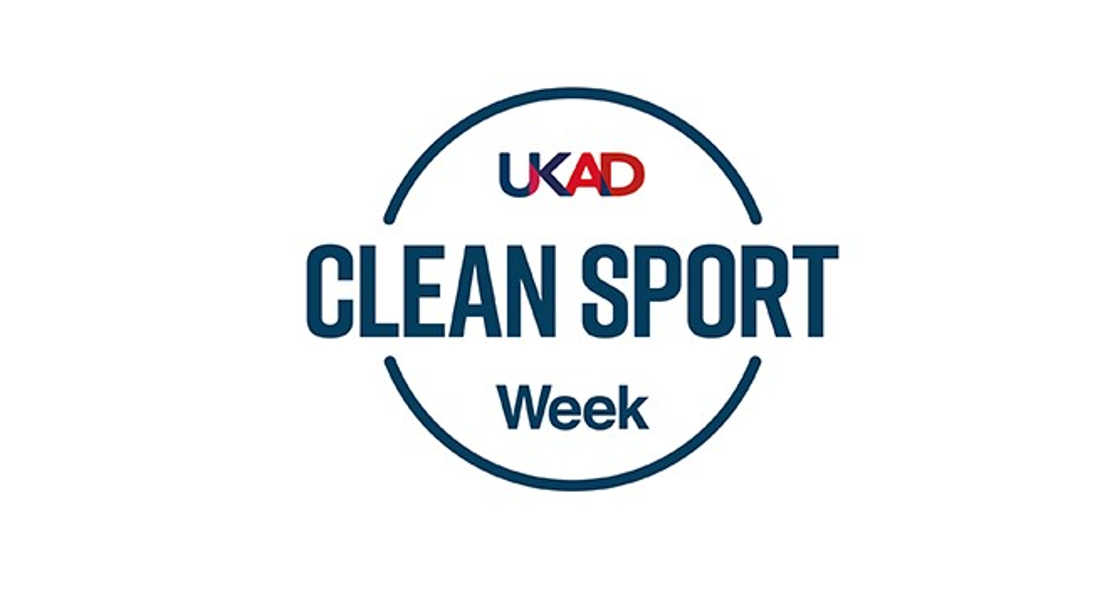As UK Anti-Doping Agency’s (UKAD) Clean Sport Week has begun, we believe this is a key opportunity to remind you of the importance of anti-doping policies and how they can be taught in schools.
According to UKAD, doping refers to an athlete taking illegal substances to improve their performance. These substances are considered dangerous and unethical if they artificially enhance performance, pose a threat to the athlete’s health, or violate the spirit of sport.
The most commonly used substances are ‘androgenic agents’ such as anabolic steroids. These allow athletes to train harder, recover at a faster pace, and build more muscle, but can also lead to kidney damage and increased aggression.
Testing for doping in sport is carried out through a number of procedures, including the long-established technique called mass spectrometry. Other methods include blood testing and the more recent biological passport, which aims to reveal the effects of doping rather than detect the substance or method itself.
Our survey on the value of clean sport and the UK’s perception of the current doping environment was conducted to gain a better understanding of the public’s attitude towards doping, and to establish opportunities for further improvements within the industry. The results revealed that fifty-one per cent of respondents believe harsher punishment would be more effective in preventing future cases of doping.
What’s more, over thirty-six per cent of respondents believe that education would be an effective form of doping prevention, while over fifty-six per cent of respondents argue that the responsibility of preventing doping within sport lies with the individual competitor. This reinforces the fact that at some point, athletes must hold themselves responsible for the image they project to the youth who perceive them as role models. Children idolise Olympic and Paralympic athletes for their strength and determination, emulating their behaviour and the way they compete.
In order to create a future generation which values the culture of clean sport, it is vital to underline the importance of anti-doping education in schools, to help young people understand and take on the values and practices of clean sport.
Education is also important to minimise and eliminate the examples of sport contestants inadvertently committing anti-doping rule violations, for example using an over-the-counter medication for a medical condition which contains prohibited substances.
As well as a greater focus on education, sixty per cent of respondents believed that increased testing of athletes could be the most effective way of preventing doping in sport. Versapak Doping Control’s new urine transport kit has undergone extensive independent testing to ensure it is indisputably tamper-evident. We advocate the integrity, security and ease of use of our products for all sports competitors, both able-bodied and athletes with impairments. With transparency shown in both our brand values and new products, we believe Versapak Doping Control provides the anti-doping organisation, individual competitors, Olympians and Paralympians across the globe with the choice of a genuine product, to help restore integrity to the anti-doping industry.
There is no doubt that the prevention of doping is crucial, as is the punishment for those who fail to comply. This can only be achieved through continuous education, both for the younger generation and athletes, to ensure they are aware of both their rights and responsibilities as an athlete.
At Versapak Doping Control, we are proud supporters of UKAD’s Clean Sport Week and pride ourselves on our involvement in the anti-doping industry, with the hope that our new generation product will play a significant role in the fight for clean sport.

